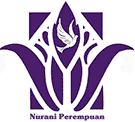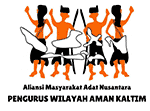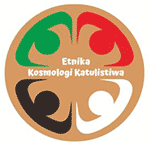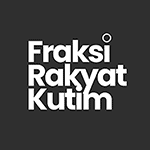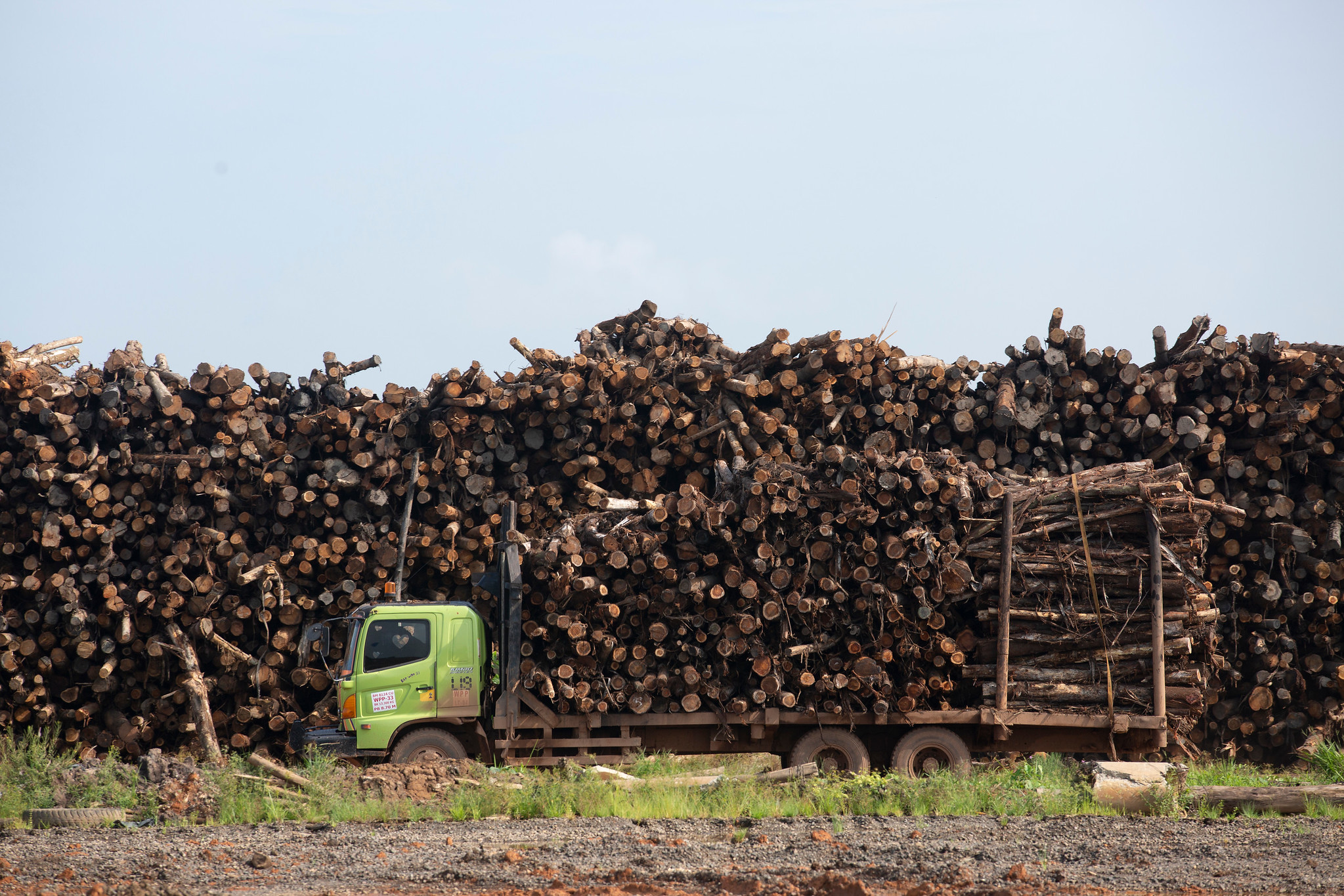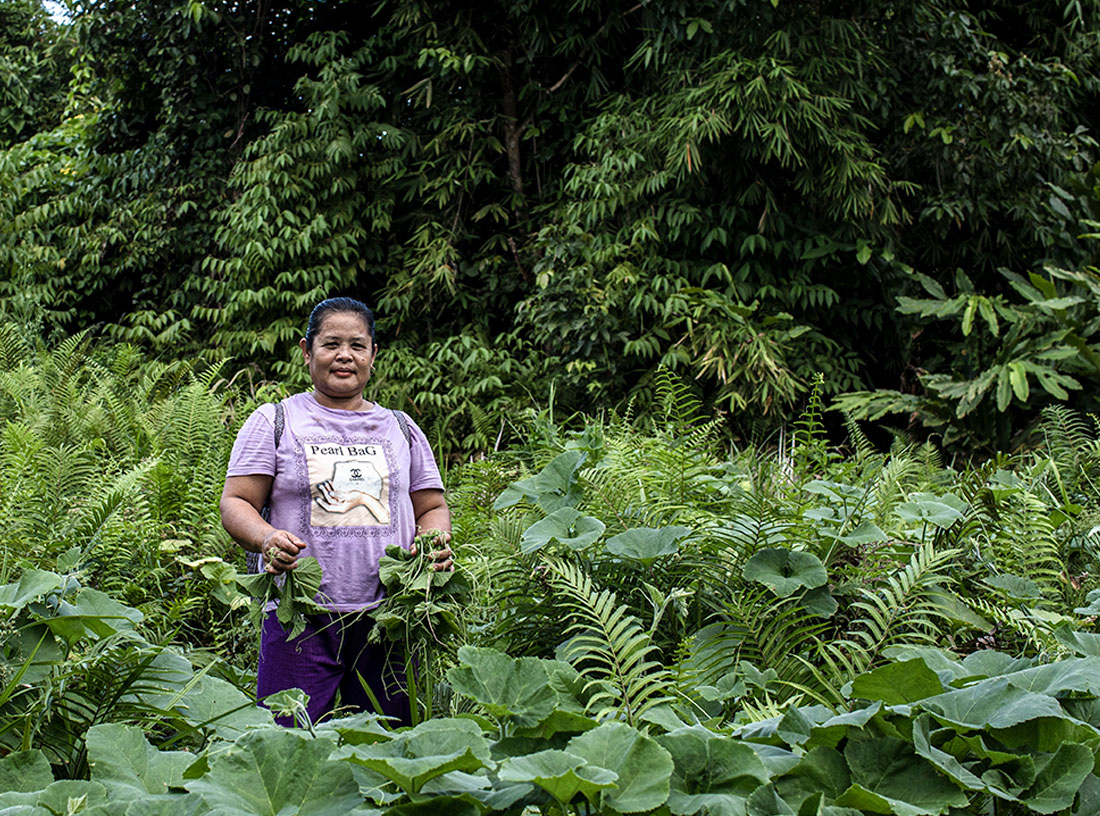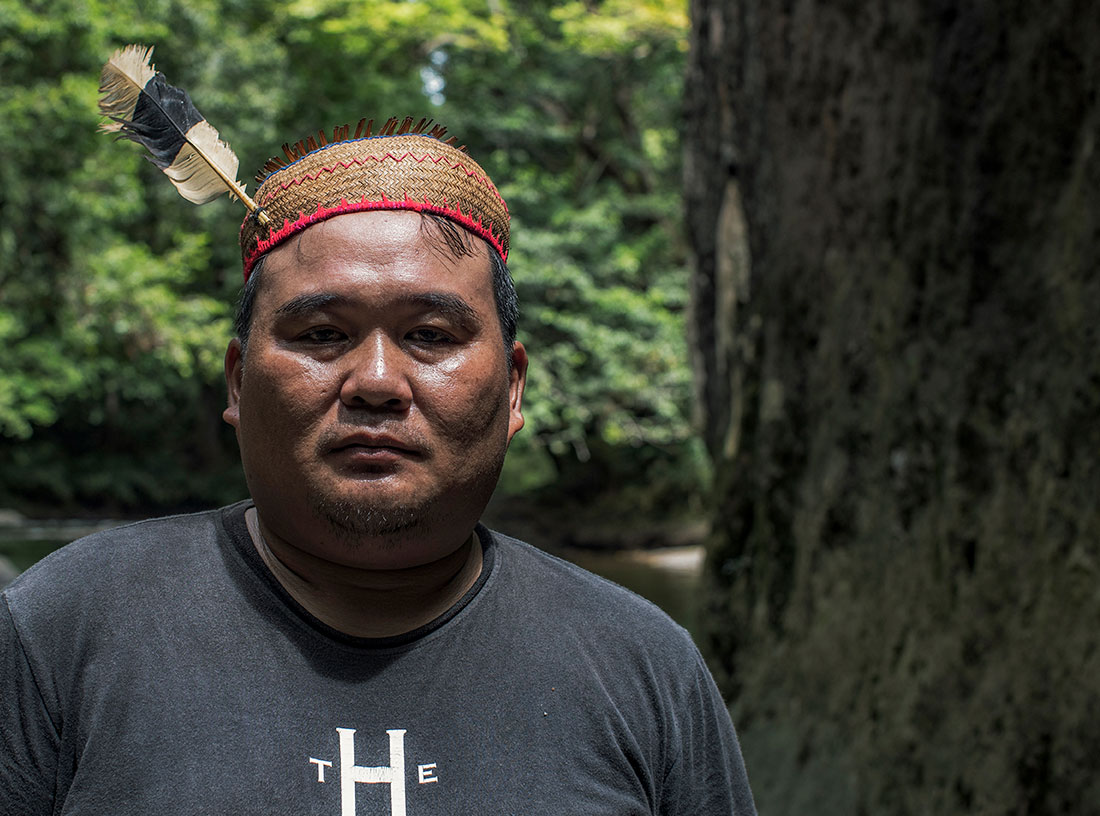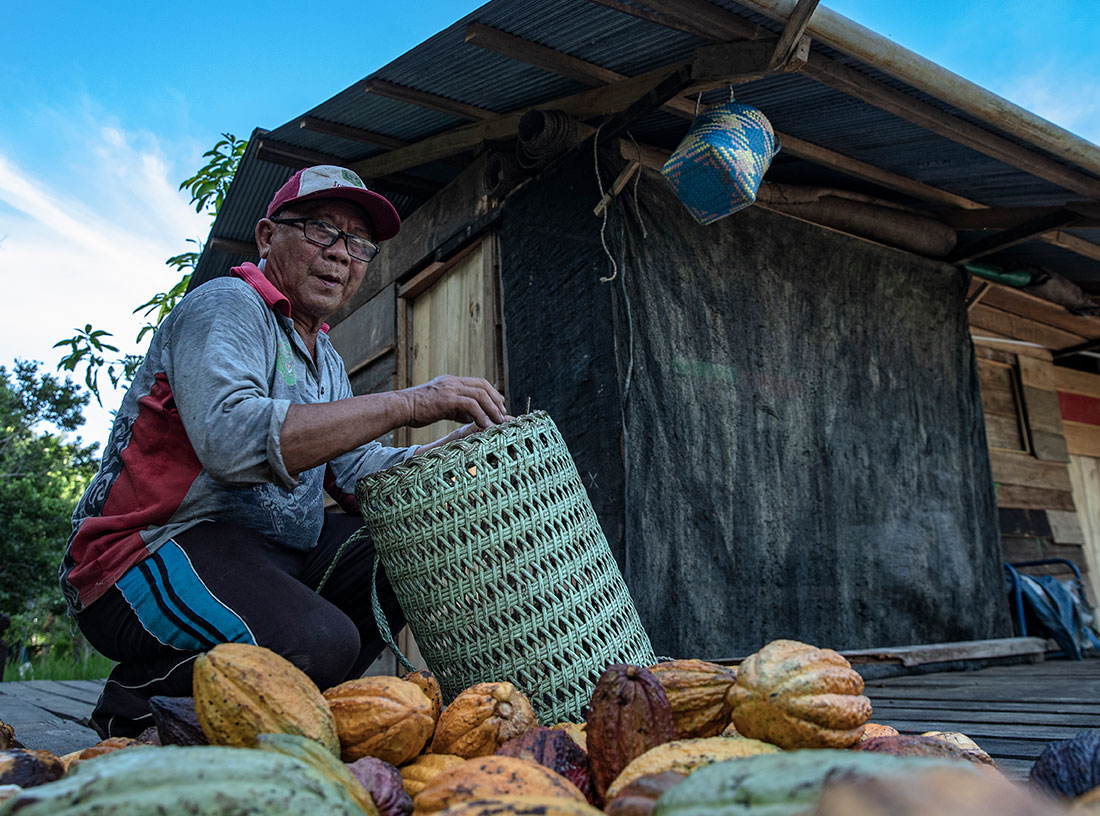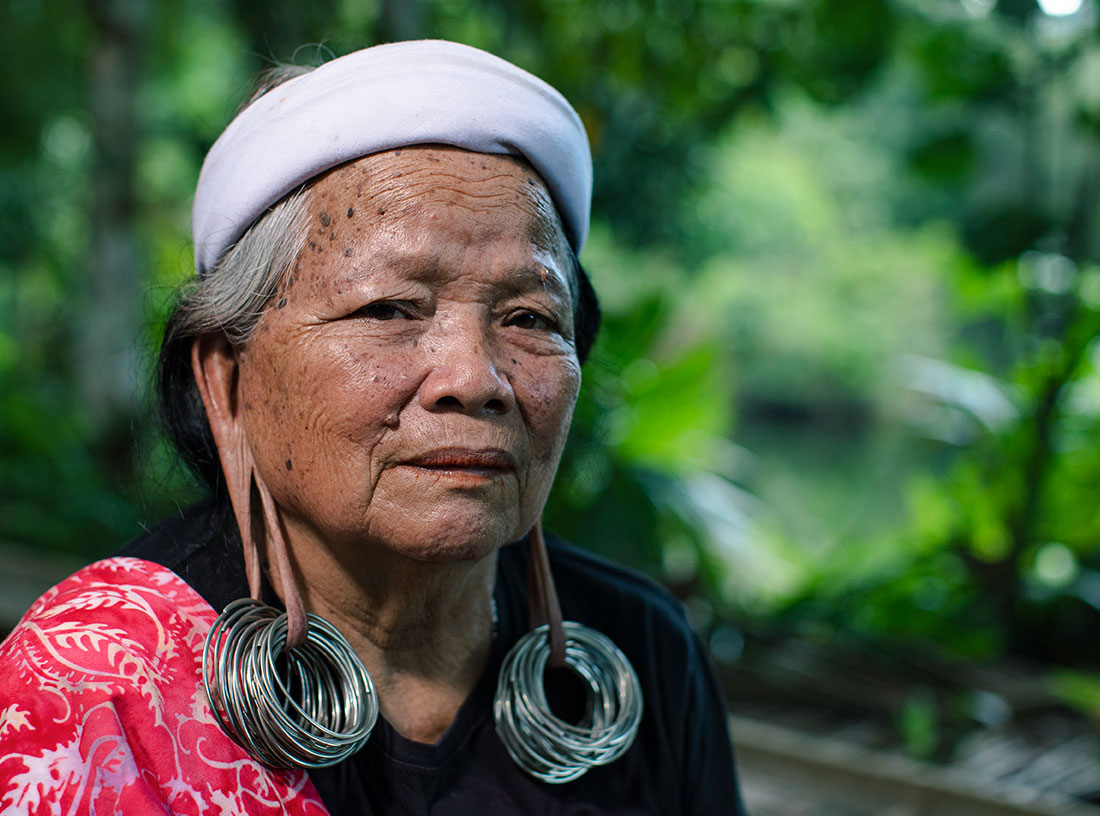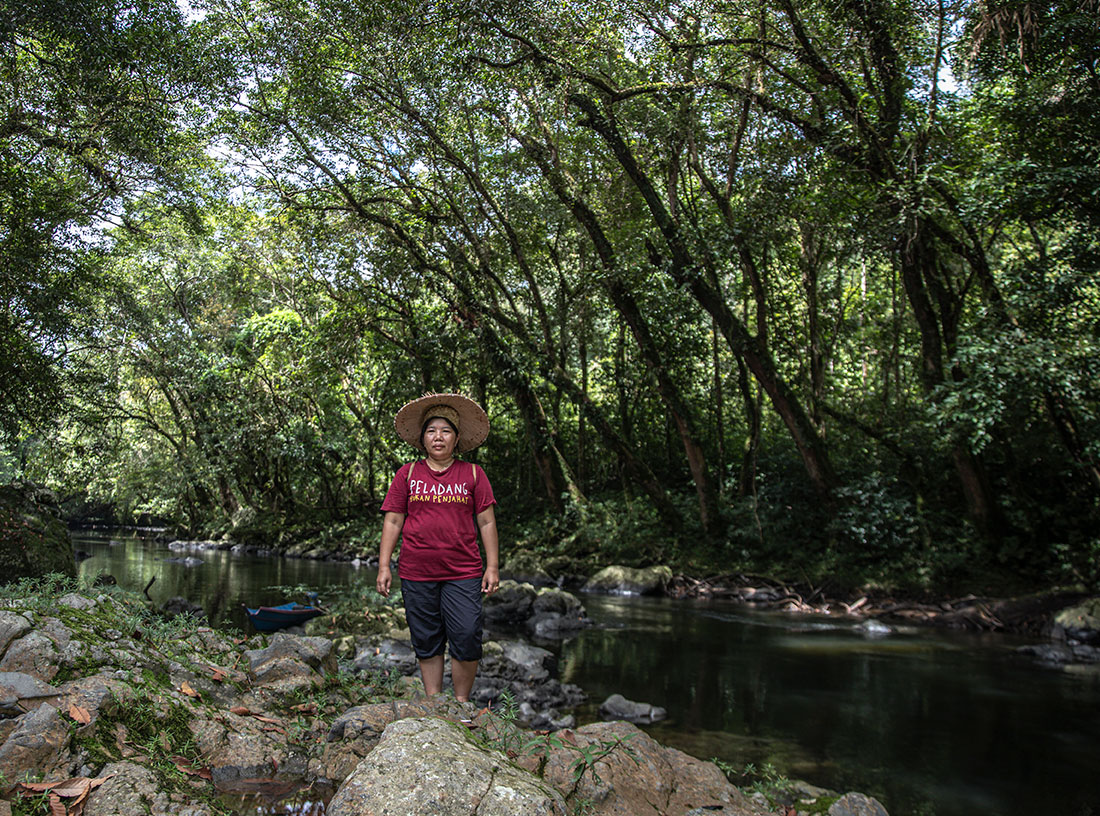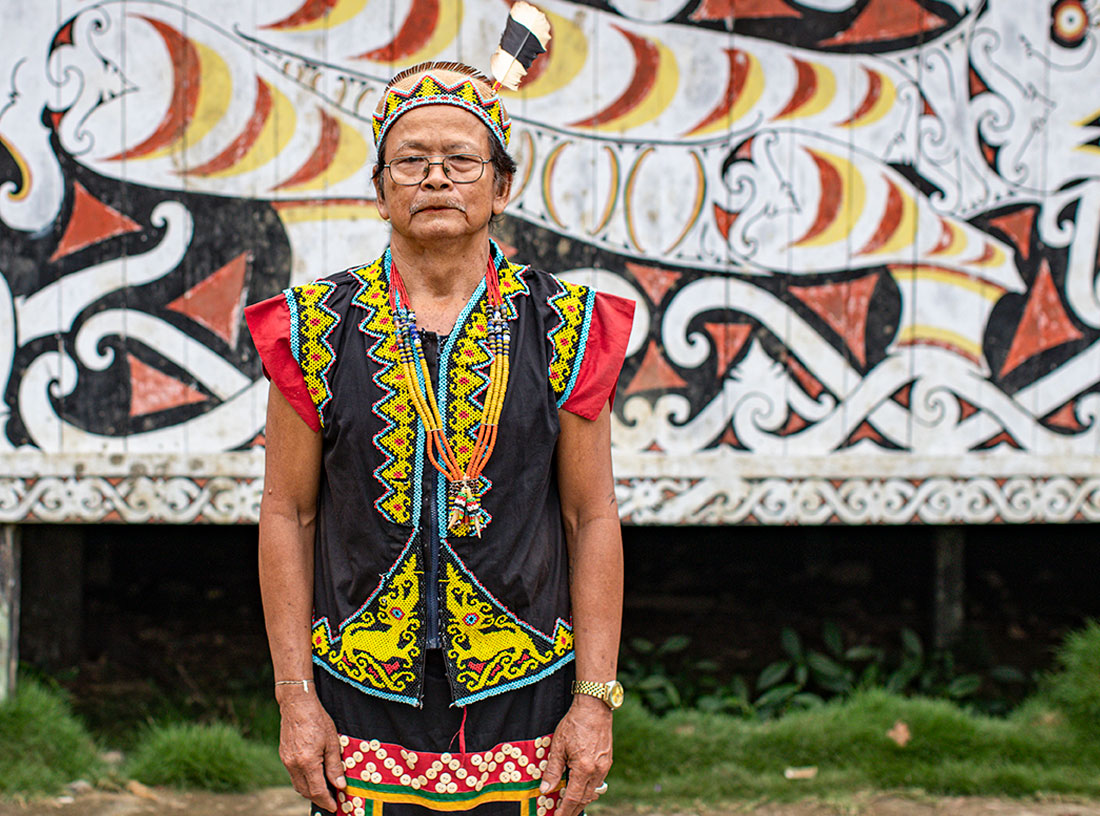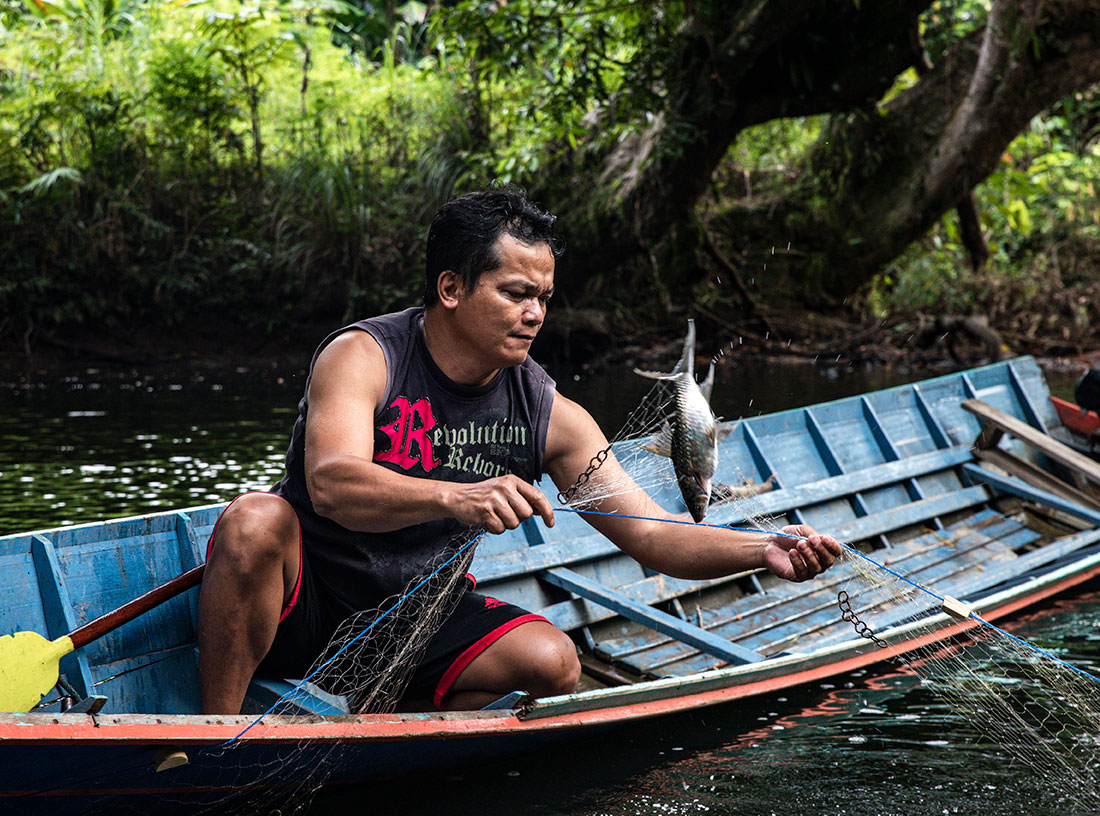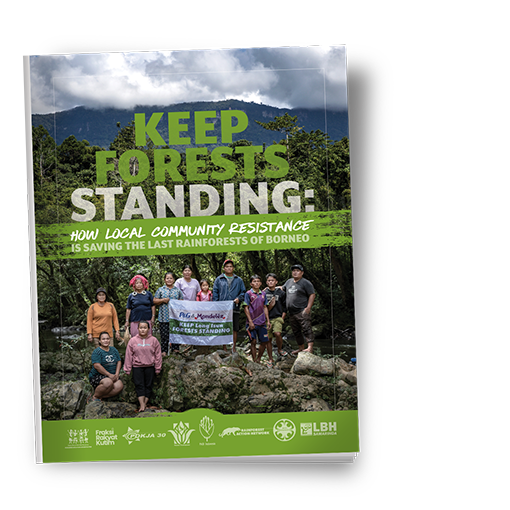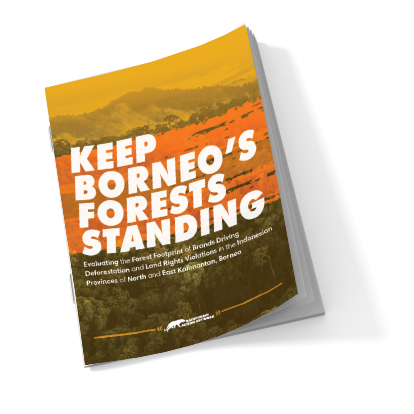Klik disini untuk lihat halaman Bahasa Indonesia >>
ウェブサイトの日本語版はこちらから >>
Long Isun is an Indigenous community in Borneo on the frontlines of deforestation.
For more than a decade, the community has fought logging and palm oil development on their ancestral land, which is home to one of the last intact rainforests in Indonesia’s East Kalimantan province.
The community is fighting to protect some of Borneo’s last intact rainforests from companies connected to Mondelēz and Procter & Gamble — and they need your help.
The Community
The Dayak Bahau of Long Isun rely on the forest for everything — from the vegetables they grow in their forest gardens, to the fish and game they hunt for food, to the variety of plants they use for medicine, to the cash crops they sell to pay for essential goods like education and healthcare.
Their way of life, however, is under threat. One of Indonesia’s most powerful palm oil and timber empires, the Harita Group, has threatened to log their rainforests and disrupt their sacred relationship with the land. Palm oil companies under Harita Group’s control supply major brands like Mondelēz and Procter & Gamble.
Long Isun residents are demanding that large multinational brands that source from the Harita Group keep their promises to respect Indigenous rights. These brands must use their influence to support Long Isun in obtaining legal recognition of their customary territory and hold the Harita Group accountable for occupying their land without free, prior, and informed consent.
Chain of Destruction
Multinational consumer goods companies have been involved in worldwide deforestation and Indigenous rights abuses through their suppliers for years despite broad adoption of “No Deforestation, No Peat, No Exploitation” (NDPE) policies.
Long Isun is a prime example: Mondelēz, Procter & Gamble, Nestlé, Colgate-Palmolive, Nissin Foods, PepsiCo and Unilever — manufacturers of common household goods — buy palm oil from the Harita Group as its timber operations threaten Long Isun’s forests. Devastation from Harita Group’s operations is not limited to Long Isun, but is felt throughout Indonesia’s forests and frontline communities.
Their Land
Long Isun is located in East Kalimantan, Indonesia, in the Mahakam Ulu (Upper Mahakam) Regency, upstream of the mighty Mahakam River. This historically remote outpost in the so-called Heart of Borneo is a global cultural and biodiversity hotspot with extensive forests spanning three countries: Malaysia, Brunei and Indonesia.
Long Isun’s forests span over 80,000 hectares — larger than all five boroughs of New York City combined. Nearly all of this is standing forest that the Dayak Bahau have managed for generations. Long Isun is one of the last communities along the Mahakam River with intact forests, which provide critical habitat for endangered species like the Bornean orangutan and hornbill, while protecting thousands of downstream residents from devastating flooding, drought and crop loss.
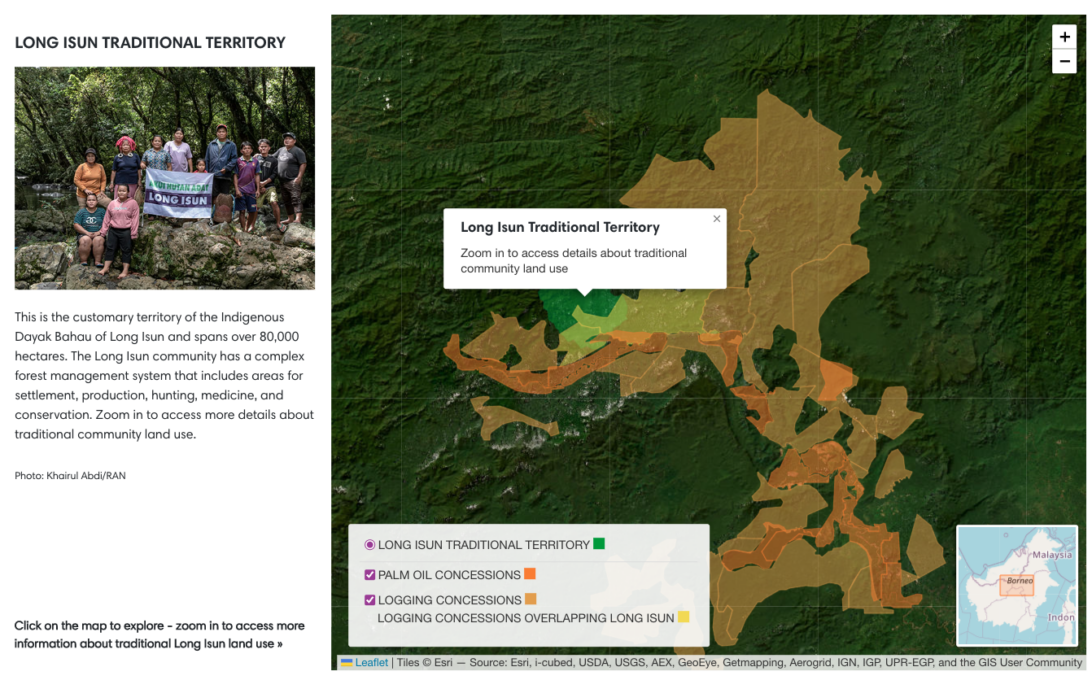
Click the map above to explore an interactive map of the Long Isun traditional territory and the impacts of palm oil and logging in their region.
Long Isun residents have conserved their forests for centuries using a rich land management system based on customary laws rooted in spiritual beliefs and conservation principles. This system incorporates eleven different types of forest uses, including settlement, production, hunting, medicine and conservation areas.
In recent years, significant portions of the Upper Mahakam Regency have fallen into the hands of agribusinesses looking to supply the global market and major brands with timber, palm oil and pulpwood. Some of these concessions have hollowed out neighboring Indigenous communities and their forests, particularly to the south. The tide of destruction is now at Long Isun’s doorstep, with two Harita Group timber concessions now occupying over a quarter of their territory.
The fight to defend Long Isun’s forests is about much more than one community — it’s about keeping Borneo’s climate-critical forests standing and recognizing that Indigenous Peoples are best positioned to keep them that way.
Timeline of Troubles
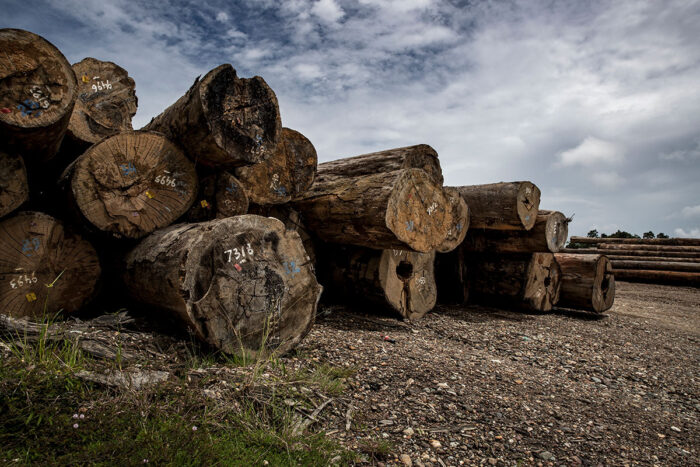
Decades of fires, logging, mining, and palm oil development have reduced Borneo’s dense rainforests by one-third. Predicted deforestation patterns will claim an additional area over twice the size of Belgium by 2032, with serious consequences for global biodiversity and climate.
Long Isun is home to some of these threatened rainforests, but its residents have been staunchly opposed to logging and palm oil development since 2008. That’s when timber companies belonging to Harita Group subsidiary Roda Mas acquired concessions overlapping nearly one-quarter of their territory.
As in many cases throughout Indonesia, Roda Mas obtained these timber concessions without consulting the impacted communities. As a result, the company began logging Long Isun’s customary forests in 2014 without the community’s consent. Community members only learned about the operation after stumbling upon felled timber on their territory’s border.
After attempts to negotiate with the company failed, conflict erupted, culminating in the imprisonment of a Long Isun community member and activist. As a result of the company’s refusal to withdraw from the community’s customary lands, advocates lodged a formal complaint with the Forest Stewardship Council (FSC), the world’s leading paper and timber certification system.
In 2017, the FSC revoked certification belonging to one Harita Group subsidiary over the land conflict in Long Isun, finding violations of its standards. In February 2023, the FSC announced that it would not pursue alternative dispute resolution with the Harita Group after another one of its timber companies had its certification suspended due to major non-conformities with FSC requirements.
We raised the above allegations to the Harita Group, which denied them. Their response can be found at ran.org/publications/long-isun/.
Demands
Multinational brands and producer companies that do their dirty work drive global deforestation and biodiversity loss at the expense of Indigenous communities and our global climate. These companies are failing to end deforestation and uphold Indigenous Rights, despite years of corporate promises.
The Long Isun community’s demands:
Land back.
The Harita Group must respect the Long Isun community’s rights over their traditional territory and the resources within it. The Harita Group must respect the community’s decision to say “no” to logging and ensure that the forestry companies it controls cancel all future plans to establish logging concessions in Long Isun territory.
Indigenous rights.
The government must recognize the rights of the Long Isun community to own, manage and use the resources within their traditional territory and must protect those rights against corporate exploitation.
Corporate action.
Mondelēz, Procter & Gamble, Nestlé, Colgate-Palmolive, Nissin Foods, PepsiCo and Unilever must ensure that the Harita Group respect Indigenous rights across its operations and provide remedy for past harms to the Long Isun community. Brands must also support Long Isun’s demand for territorial recognition.
Support their demands
Keep Forests Standing: Community resistance on the frontlines of deforestation
Indigenous Land Stewardship Keeps Forests Standing
How Major Companies Score on Deforestation & Human Rights
In collaboration with:
